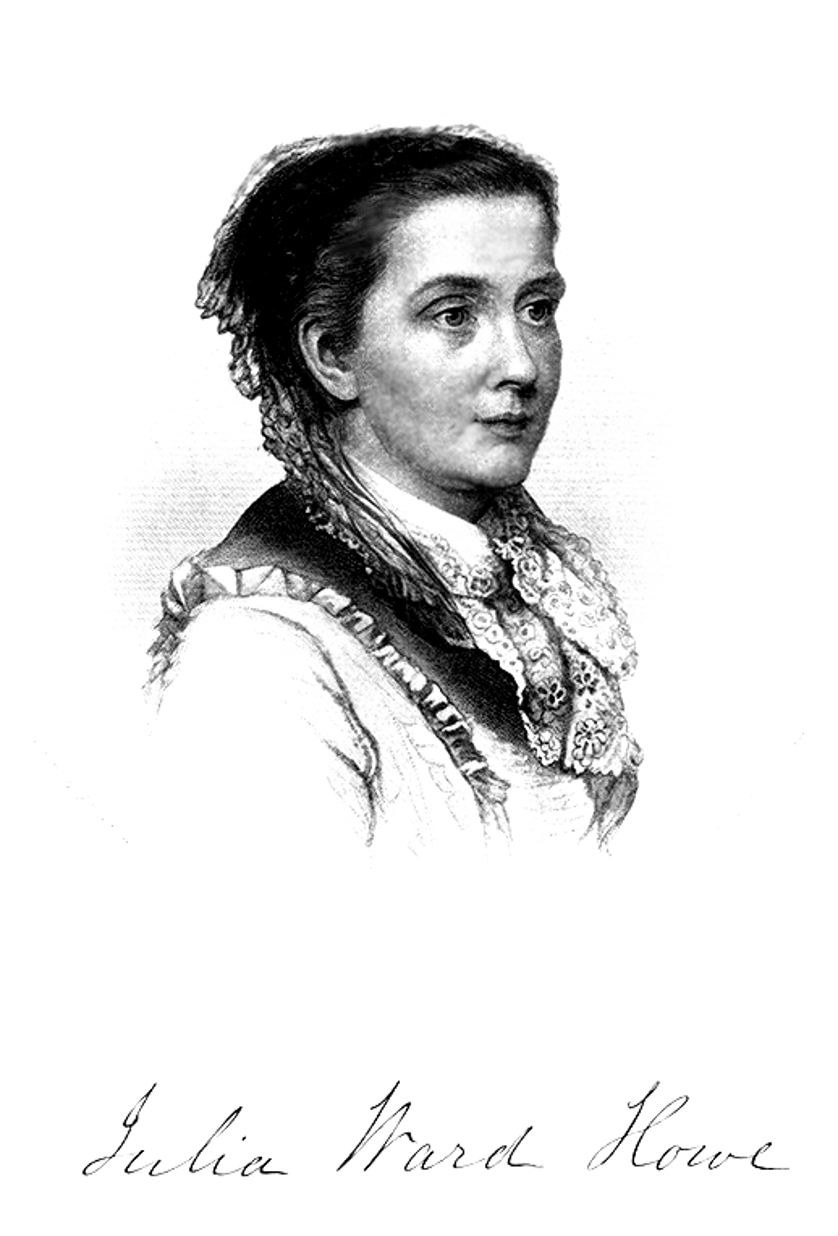|
Mother's Day (Bolivia)
Mother's Day is a celebration honoring the mother of the family or individual, as well as motherhood, maternal bonds, and the influence of mothers in society. It is celebrated on different days in many parts of the world, most commonly in the months of March or May. It complements similar celebrations, largely pushed by commercial interests, honoring family members, such as Father's Day, Siblings Day, and Grandparents' Day. While some countries have a multi-century history of a day to celebrate mothers, the modern American version of the holiday began in the United States in the early 20th century at the initiative of Anna Jarvis, who organized the first Mother's Day service of worship and celebration at Andrews Methodist Church, Andrews Methodist Episcopal Church in Grafton, West Virginia, which serves as the International Mother's Day Shrine today. It is not directly related to the many traditional celebrations of mothers and motherhood that have existed throughout the world ... [...More Info...] [...Related Items...] OR: [Wikipedia] [Google] [Baidu] |
Children's Day
Children's Day is a commemorative date celebrated annually in honor of children, whose date of observance varies by country. In 1925, International Children's Day was first proclaimed in Geneva during the World Conference on Child Welfare. Since 1950, it is celebrated on June 1 in most Communist and post-Communist countries. World Children's Day is celebrated on the 20th November to commemorate the Declaration of the Rights of the Child by the UN General Assembly on 20 November 1959. In some countries, it is Children's Week and not Children's Day. History Origins Children's Day began on the second Sunday of June in 1857 by Reverend Dr. Charles Leonard, pastor of the Universalist Church of the Redeemer in Chelsea, Massachusetts: Leonard held a special service dedicated to, and for the children. Leonard named the day Rose Day, though it was later named Flower Sunday, and then named Children's Day. Children's Day was first officially declared a national holiday by the Repu ... [...More Info...] [...Related Items...] OR: [Wikipedia] [Google] [Baidu] |
Hilaria
The Hilaria (; Latin "the cheerful ones", a term derived from the borrowed adjective grc, ἱλαρός "cheerful, merry") were ancient Roman religious festivals celebrated on the March equinox to honor Cybele. Origins The term seems originally to have been a name which was given to any day or season of rejoicing. The ''hilaria'' were, therefore, according to Maximus the Confessor either private or public. Among the former, he thinks it the day on which a person married, and on which a son was born; among the latter, those days of public rejoicings appointed by a new emperor. Such days were devoted to general rejoicings and public sacrifices, and no one was allowed to show any symptoms of grief or sorrow. The Romans also celebrated ''hilaria'' as a ''feria stativa'', on March 25, the seventh day before the Calends of April, in honor of Cybele, the mother of the gods; and it is probably to distinguish these ''hilaria'' from those mentioned above, that the ''Augustan History'' ... [...More Info...] [...Related Items...] OR: [Wikipedia] [Google] [Baidu] |
Julia Ward Howe
Julia Ward Howe (; May 27, 1819 – October 17, 1910) was an American author and poet, known for writing the "Battle Hymn of the Republic" and the original 1870 pacifist Mother's Day Proclamation. She was also an advocate for abolitionism and a social activist, particularly for women's suffrage. Early life and education Julia Ward was born in New York City. She was the fourth of seven children. Her father Samuel Ward III was a Wall Street stockbroker, banker, and strict Calvinist Episcopalian. Her mother was the poet Julia Rush Cutler Ward, related to Francis Marion, the "Swamp Fox" of the American Revolution. She died during childbirth when Howe was five. Howe was educated by private tutors and schools for young ladies until she was sixteen. Her eldest brother, Samuel Cutler Ward, traveled in Europe and brought home a private library. She had access to these books, many contradicting the Calvinistic view. She became well-read, though social as well as scholarly. She met ... [...More Info...] [...Related Items...] OR: [Wikipedia] [Google] [Baidu] |


